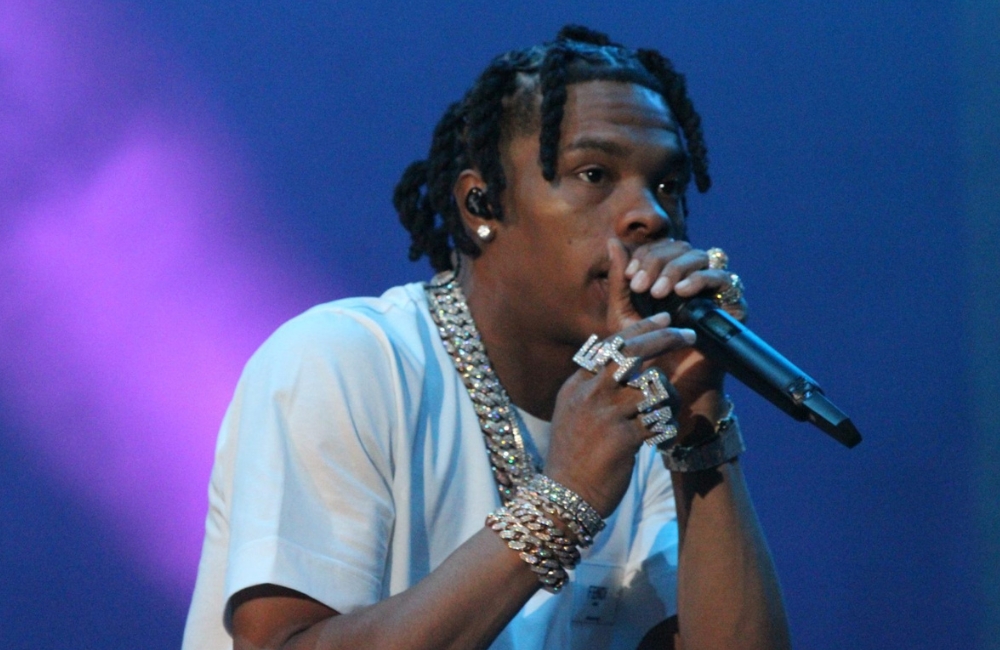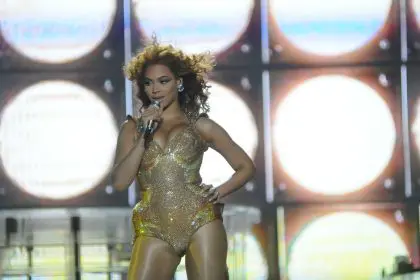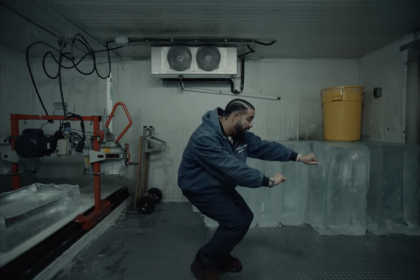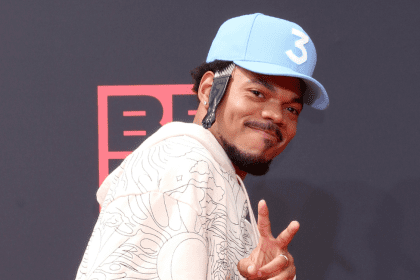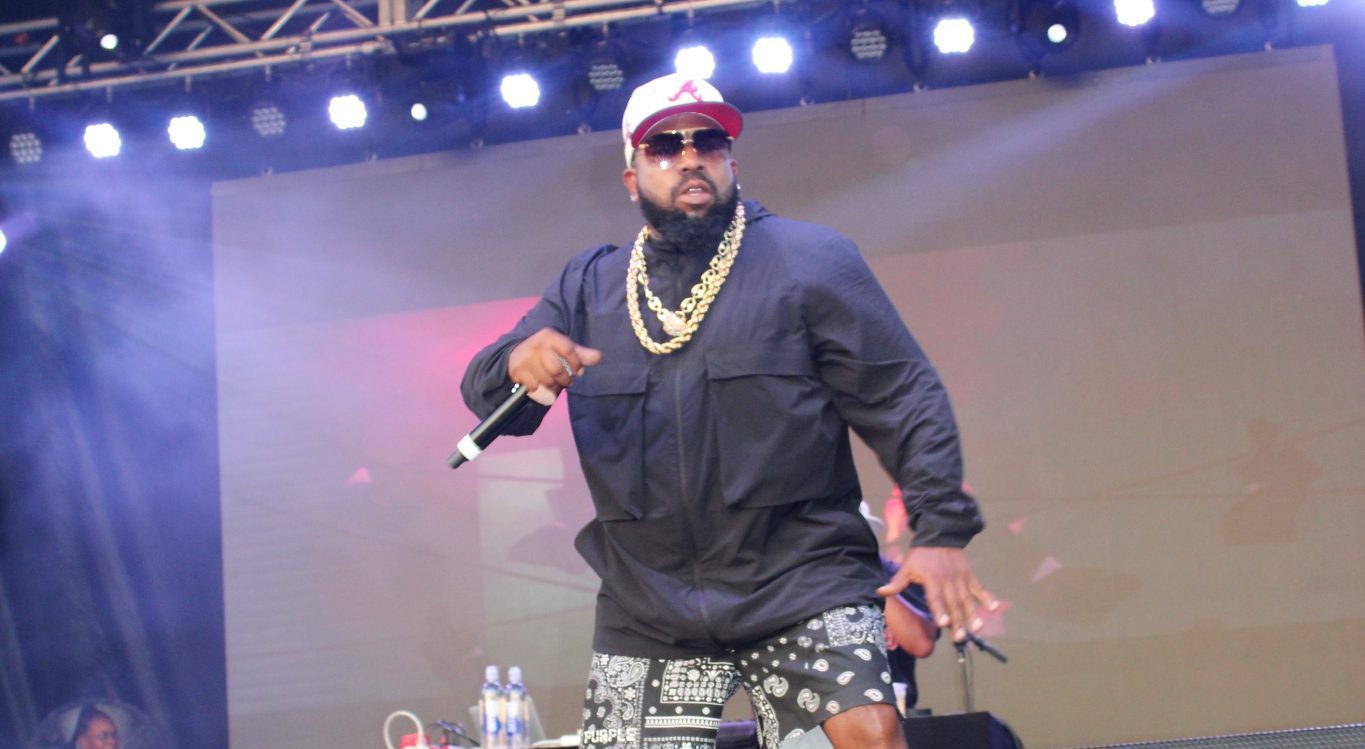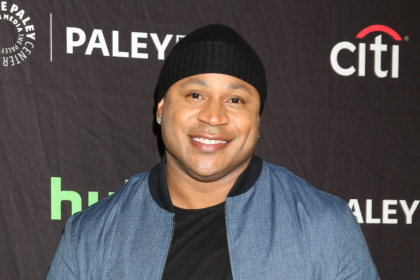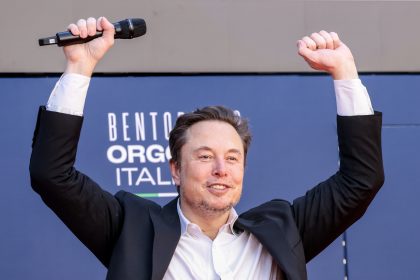Atlanta’s influential rapper Lil Baby has addressed his unexpected inclusion in Kendrick Lamar’s latest musical critique Not Like Us, which targets Drake. The situation highlights the complex dynamics within hip-hop’s upper echelons, as established artists navigate professional relationships and creative rivalries. During a recent conversation with media personality Charlamagne Tha God, Lil Baby expressed his preference to maintain distance from the developing situation, emphasizing his focus on artistic growth and professional commitments. This stance reflects a broader trend in the industry where artists increasingly prioritize career longevity over temporary controversies.
The layers of lyrical discourse
Kendrick Lamar‘s Not Like Us delves into the intricacies of Drake’s industry connections, particularly highlighting his relationships with Atlanta-based artists. The track’s narrative examines the authenticity of artistic collaborations and regional influences in contemporary hip-hop. Lamar’s lyrics specifically reference Drake’s musical evolution through his associations with Southern artists, including Lil Baby’s influence on his artistic development. This commentary opens up broader discussions about regional authenticity and artistic influence in hip-hop, touching on sensitive topics about cultural appropriation and creative ownership within the genre.
Professional relationships
Lil Baby’s extensive collaborative history with Drake has produced several successful ventures, including Wants and Needs, Yes Indeed, and Girls Want Girls. These partnerships demonstrate the productive nature of cross-regional collaborations in modern hip-hop, while also highlighting the complexity of industry relationships when conflicts arise. The Atlanta rapper’s commitment to maintaining professional integrity remains evident in his approach to the situation. The success of these collaborations has not only elevated both artists’ careers but has also contributed to the broader evolution of hip-hop’s sound, blending regional styles and creating new musical paradigms.
Industry implications
The ongoing discourse between Kendrick Lamar and Drake has evolved beyond musical expression into legal territory. Drake’s legal action against Universal Music Group, alleging artificial inflation of streaming numbers for Not Like Us, adds another layer to this multifaceted situation. This development represents a significant shift in how modern hip-hop conflicts manifest, extending beyond traditional diss tracks into corporate and legal spheres. The involvement of major music industry entities in these disputes reflects the increasing commercialization and corporatization of hip-hop culture, raising questions about artistic authenticity and industry control.
Cultural impact
This situation reflects broader changes within hip-hop culture, particularly regarding how artists navigate industry relationships and creative disputes. The intersection of regional influences, collaborative partnerships, and artistic integrity continues to shape the genre’s evolution. Lil Baby’s measured response exemplifies a growing trend among artists who prioritize professional stability over engagement in industry conflicts. This approach signals a maturation in how artists handle industry disputes, moving away from traditional confrontational responses toward more strategic, career-focused decisions.
Industry evolution
The transformation of hip-hop feuds from purely artistic expressions to complex business and legal matters represents a significant evolution in the genre. Modern artists must navigate not only creative differences but also corporate interests, legal implications, and market dynamics. This evolution has created new challenges for artists seeking to maintain authenticity while operating within increasingly commercialized industry structures. The situation between Kendrick Lamar, Drake, and Lil Baby exemplifies these modern complexities, highlighting how artists must balance artistic expression with business acumen.
Future considerations
As this situation continues to develop, its impact on future collaborations and industry relationships remains uncertain. The involvement of legal proceedings and corporate entities suggests a new paradigm in how hip-hop conflicts evolve and resolve. This transformation of traditional hip-hop rivalries into complex legal and business matters signals significant changes in the industry’s professional landscape. The outcome of this situation could set precedents for how future industry disputes are handled, potentially influencing the nature of artistic collaborations and industry partnerships for years to come.

